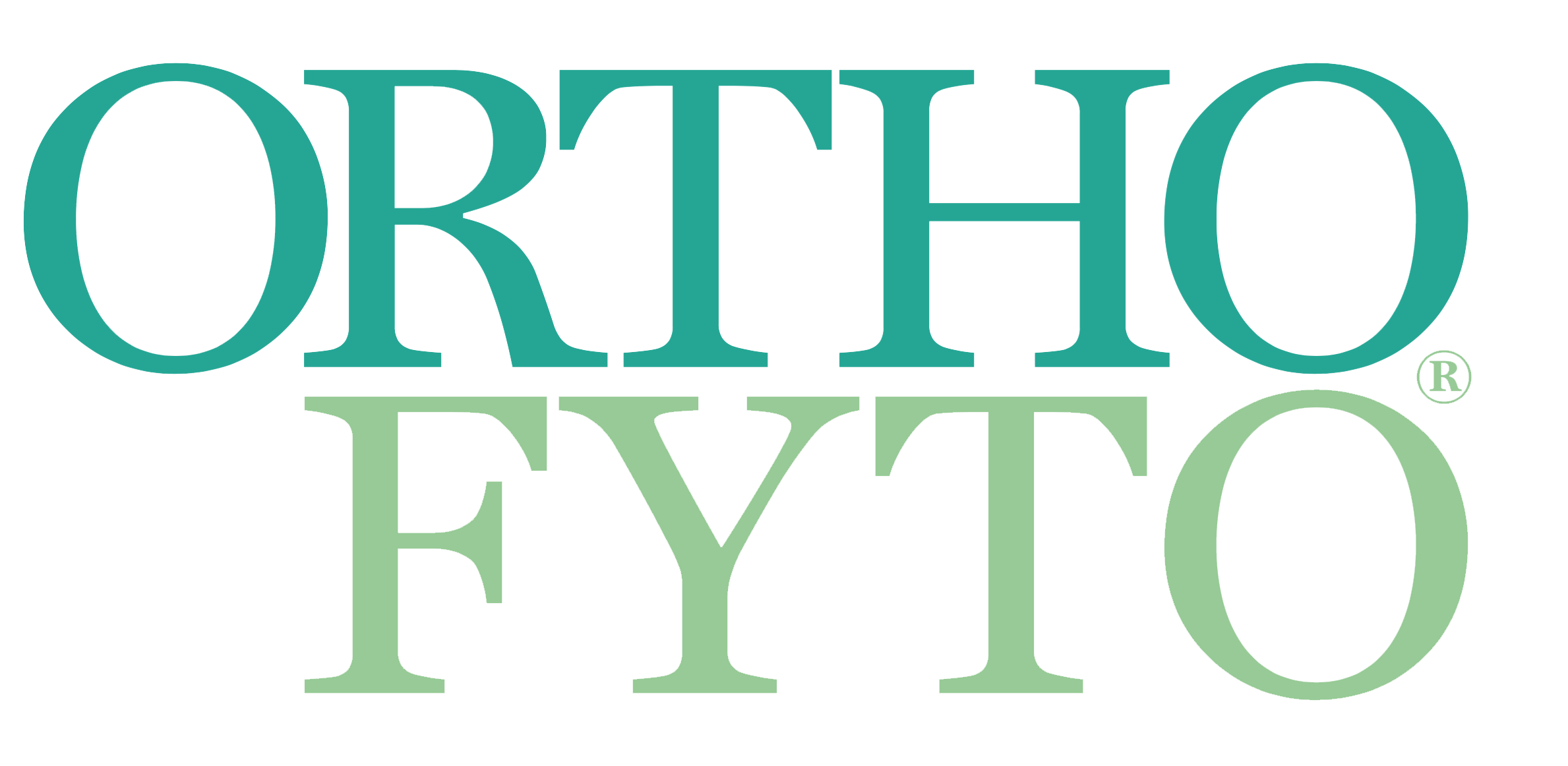De darm-hersenas als route naar neuroinflammatie
09 Oct, 2023
Door: Han Siem
De connectie tussen onze hersenen en de darmen, ook wel de darm-hersenas genoemd, krijgt steeds meer aandacht bij onderzoek naar het ontstaan van neurodegeneratieve aandoeningen. Via de nervus vagus is het brein verbonden met de darmen; een slechte darmconditie kan dan resulteren in inflammatie in de hersenen (neuroinflammatie). Op de microbiota en de conditie van de darmen hebben veel factoren invloed: stress, roken, alcohol- en drugsgebruik, infecties, antibiotica en geneesmiddelen en met name voedingsgewoonten en omgevingsstressoren.
Studies tonen aan dat de darmmicrobiota betrokken zijn bij veel aandoeningen, waaronder autisme, angst, obesitas, schizofrenie, parkinson en alzheimer.1 Een slecht voedingspatroon kan leiden tot dysbiose in de darmhuishouding en een lekkende darm, met een verhoogde permeabiliteit van de darm. Zo kan stress via deze darm-hersenroute leiden tot acute buikpijn, diarree of obstipatie en omgekeerd kan een verstoord microbioom psychische effecten zoals angstgevoelens en spanningen veroorzaken. Neurodegeneratieve aandoeningen hebben allemaal ‘ontsteking in de hersenen’ (neuroinflammatie) als overeenkomst.2 Bij neuroinflammatie kan sprake zijn van ontsteking aan delen van de hersenen zelf, of aan de zenuwen. Ontstekingsmediatoren van infecties in de darm hebben de bloed-hersenbarrière gepasseerd en zo de hersenfunctie aangetast.
Lees het gehele artikel vanaf pagina 49 in OrthoFyto 5/23.
Wilt u het gehele artikel als PDF bestand ontvangen? Bestel het dan hier voor € 3,50.
Bronvermelding:
1. Cryan et al. (2019). The Microbiota-Gut-Brain Axis. Physiological reviews, 99(4), 1877–2013.
2. Meraz-Rios, M. Inflammatory process in Alzheimer’s Disease. Frontiers in Integrative Neuroscience. August 2013.
3. Sommer (2010). CHAPTER 3.11 - Serotonin in Pain and Pain Control. Editor(s): Christian P. Müller, Barry L. Jacobs. Handbook of Behavioral Neuroscience. Elsevier, VoL 21 p457-471. ISBN 9780123746344.
4. Kałużna-Czaplińska et al. (2019). How important is tryptophan in human health?. Critical reviews in food science and nutrition, 59(1),72–88.
5. Crowley, T. et.al. Inhibiting Neuroinflammation: The Role and Therapeutic Potential of GABA in Neuro-Immune Interactions. Brain, Behavior and Immunity 54 (2016): 260–77.
6. Barrett E, Ross RP, O’Toole PW, Fitzgerald GF, Stanton C. Aminobutyric acid production by culturable bacteria from the human intestine. J Appl Microbiol. 2012 Aug;113(2):411–7.
7. Bradbury J. Docosahexaenoic Acid (DHA): An Ancient Nutrient for the Modern Human Brain. Nutrients. 2011 May; 3(5): 529–554. Published online 2011 May 10. doi: 10.3390/nu3050529.
8. Bos D, Oranje B et al. Reduced Symptoms of Inattention after Dietary Omega-3 Fatty Acid Supplementation in Boys with and without Attention Deficit/Hyperactivity Disorder. Neuropsychopharmacology 40(10), 2298-2306.
9. Ansari et al. The Effects of Probiotics and Prebiotics on Mental Disorders: A Review on Depression, Anxiety, Alzheimer, and Autism Spectrum Disorders. Current pharmaceutical biotechnology, 2020 21(7), 555–565.
10. Kotzampassi K et al. Probiotics for infectious diseases: more drugs, less dietary supplementation. Int J Antimicrob Agents. 2012;40(4):288-96.
11. Hepburn et al. (2013). Probiotic supplement consumption alters cytokine production from peripheral blood mononuclear cells: a preliminary study using healthy individuals. Beneficial Microbes 4(4):313-17
12. Kelly et al. (2015). Breaking down the barriers: the gut microbiome, intestinal permeability and stress-related psychiatric disorders. Frontiers in cellular neuroscience, 9, 392.
13. Ait-Belgnaoui, A., Colom, A., Braniste, V., Ramalho, L., Marrot, A., Cartier, C., Houdeau, E., Theodorou, V., & Tompkins, T. (2014). Probiotic gut effect prevents the chronic psychological stress-induced brain activity abnormality in mice. Neurogastroenterology and motility, 26(4), 510–520.
14. Suzuki (2020). Regulation of the intestinal barrier by nutrients: The role of tight junctions. Animal science journal, 91(1), e13357.
15. Farré et al. (2020). Intestinal Permeability, Inflammation and the Role of Nutrients. Nutrients, 12(4), 1185.
16. Amato, K. et al (2021). The human gut microbiome and health inequities. Proceedings of the National Academy of Sciences of the United States of America, 118(25), e2017947118.
17. European Environment Agency (2020). Healthy environment, healthy lives: how the environment influences health and well-being in Europe. EEA Report No 21/2019.
18. Kewalramani, A., Bollinger, M. E., & Postolache, T. T. (2008). Asthma and Mood Disorders. International journal of child health and human development : IJCHD, 1(2), 115–123.
